by Emily Laurence
Sometimes, I miss the food habits of my early 20s. Blissfully unaware of the dangers of processed food. Buying organic wasn’t really a thing because I didn’t really know how bad pesticides were. I’d never heard the words “Whole30,” “ketogenic,” or “intermittent fasting,” so my brain wasn’t muddled by what “eating plan” I should stick to. I knew fruits, veggies, protein, and healthy fats were good for you, and that too much sugar wasn’t great, but I didn’t know why, and besides—it tasted too good to give up. (Come back to me, 22-year-old metabolism!)
Now, I’m 32, have been a food reporter for four years, and am a certified health coach. All day, I’m bombarded with information about something else lurking in our food that is linked to very scary health problems. Or the importance of counting your macros. Or how coffee can just make anxiety even worse for some people.
Yes, knowledge is power, and I think it’s important to know as much as I can about what I’m putting into my body. But constantly keeping up with healthy food news can be scary (everything is bad for you!), confusing (wait, eggs are good for you now? Last week a study said they were bad!), and exhausting.
Despite all this, I still love food. I love cooking, I love eating, I love trying new cuisines and new restaurants. And I promise the two things—knowing…a lot about food and loving food—are definitely not mutually exclusive. It just involves making some compromises.
Basically, my ethos is simple: Make the best choices with what’s available, and do the best you can every day. For example, I can’t afford to buy everything organic (honestly, who can?!), so I prioritise buying organic meat, eggs, and anything on the “Dirty Dozen” list. I cook the majority of my meals at home instead of eating out so I know exactly what’s going into the food. (I love to cook anyways, so I don’t mind DIY-ing.) And when I do have plans to eat out, I Google what’s available before I go so that I’m not scrambling to make up my mind with the waiter standing over me. I’ve found that there are healthy (and tasty) choices pretty much everywhere.
Functional medicine doctor Frank Lipman, MD – who knows way more about food than I do – has a similar mindset. “I avoid junk, processed foods, pesticides, and artificial sweeteners as much as possible, but don’t worry when I occasionally do eat them,” he tells me. “I am pretty aware of what I put in my body but don’t worry or freak out when I eat something that I know is ‘bad.’ Being overly obsessive or anxious about what you eat is probably worse for you than eating unhealthy foods.”
Even with access to tons of healthy ingredients and restaurants, it’s impossible to eat perfectly all the time. It’s something even Ffood blogger Vani Hari struggles with. “When I’m in control of the ingredients, I make sure I pick the best available, whether it’s organic produce or organic junk food, if that’s what I am craving. When I’m not in control, say at a restaurant or while traveling, I will allow myself to indulge a little,” she tells me. It’s a balance that I work on, too. I often remind myself not to stress when I eat something that by health standards could be classified as “bad.” Sometimes, it’s because I’m traveling and healthy options are limited. Other times, it’s because I just am really craving a bowl of mac and cheese, followed by a brownie (not the black bean kind or the zucchini kind—the OG kind). And that’s OK in my book.
Another pitfall about knowing “too much” about food is that I’ve become hyper-aware of what people around me are eating. Not because I’m judging them, but because I find knowledge empowering – and I want other people to know what I do, too. However, my concern hasn’t exactly endeared me to loved ones in certain moments. When I went to visit my brother and saw him drinking a soda, I’d lecture him on why he should be drinking kombucha instead. When my mom made a delicious dinner of pasta with homemade pesto, I told her zucchini noodles would have been healthier than spaghetti. What a buzzkill, right?
I learned the hard way that, well, people don’t like it when you criticise their food choices. (And frankly, it’s not always my job, unless that person is coming to me for health coaching.) So now, instead of telling loved ones how to eat, I just do my own thing – and answer people’s questions if they’re curious. When I grabbed coffee recently with my mom, she saw me adding ashwagandha to my oat milk latte, and I told her I was doing it to help lower stress. She soon adopted the habit herself, simply because I told her how it was helping me, not because I told her too.
Mostly what I try to keep in mind is that mealtime shouldn’t be something that’s anxiety-inducing, for myself or for others. In every single culture, food is used as a way to show love and is meant to be enjoyed. Being knowledgeable about what you’re putting in your body is empowering, but shouldn’t get in the way of living your best life.
Article written by Emily Laurence and originally featured on Well + Good. www.wellandgood.com






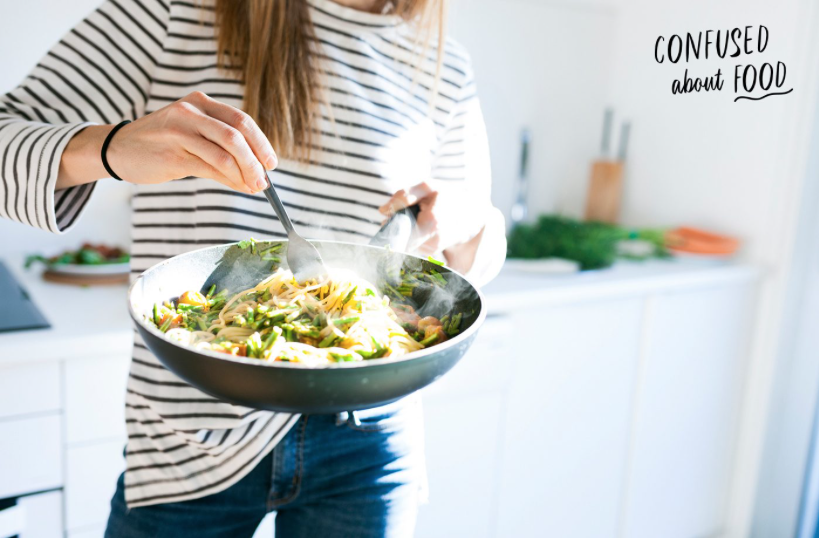
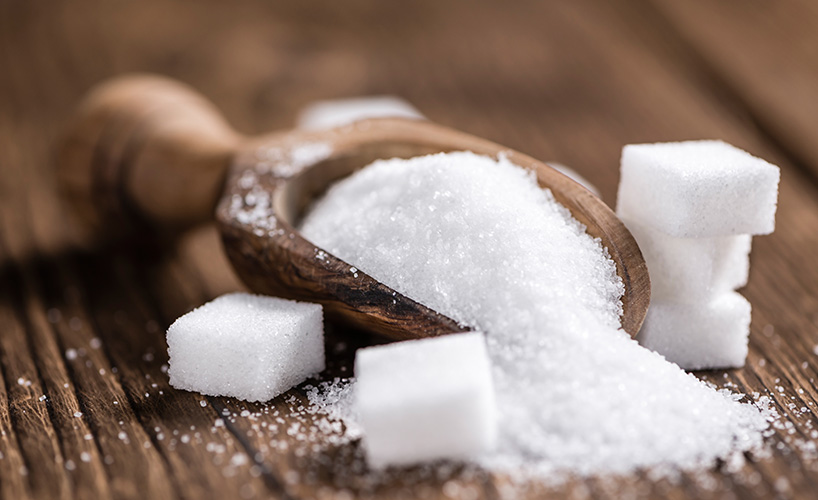

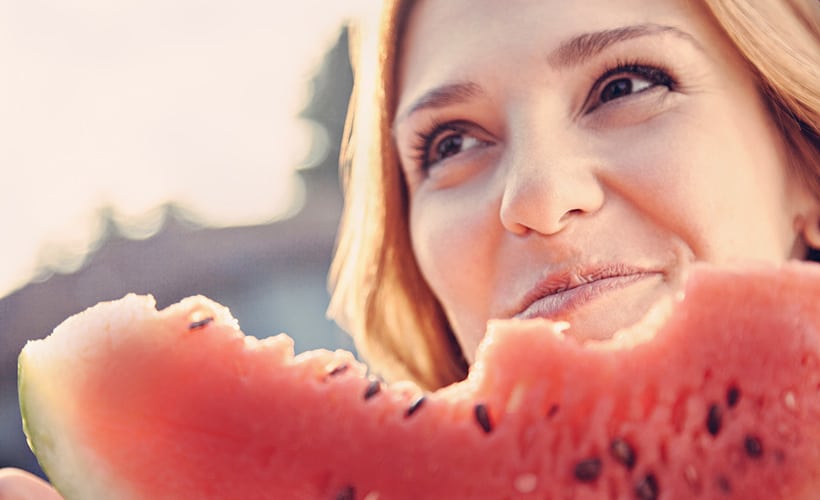
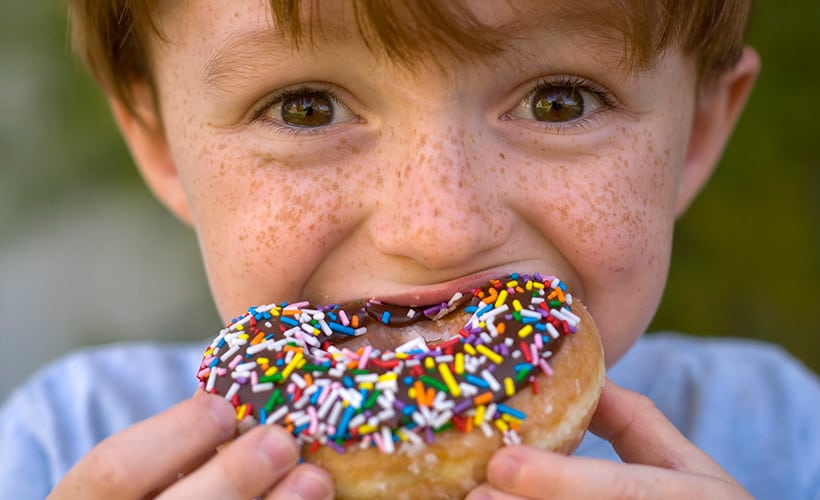


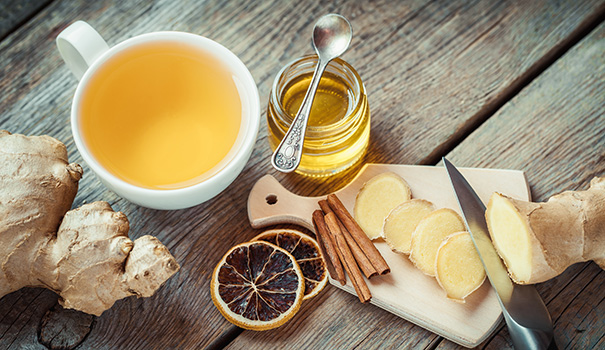
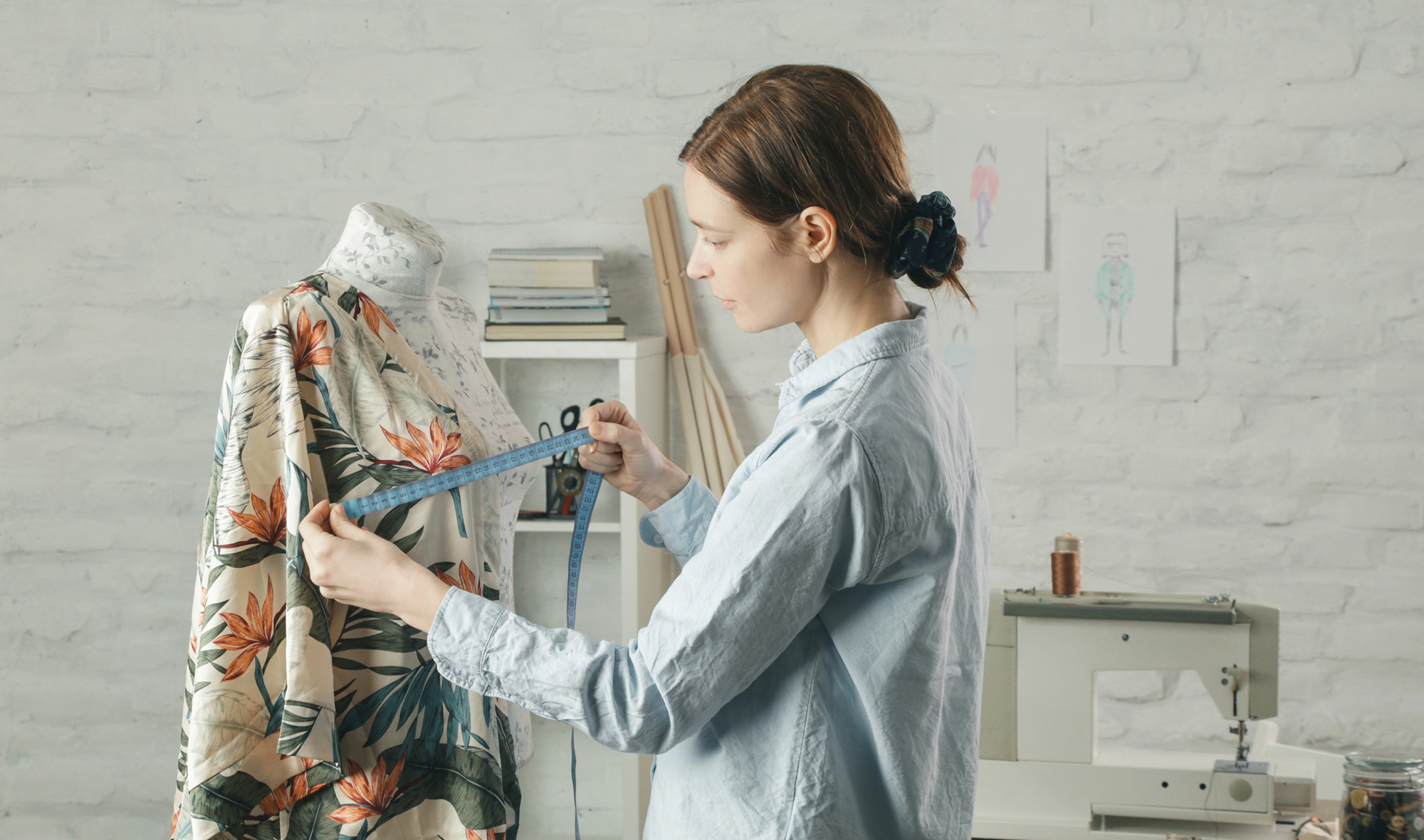
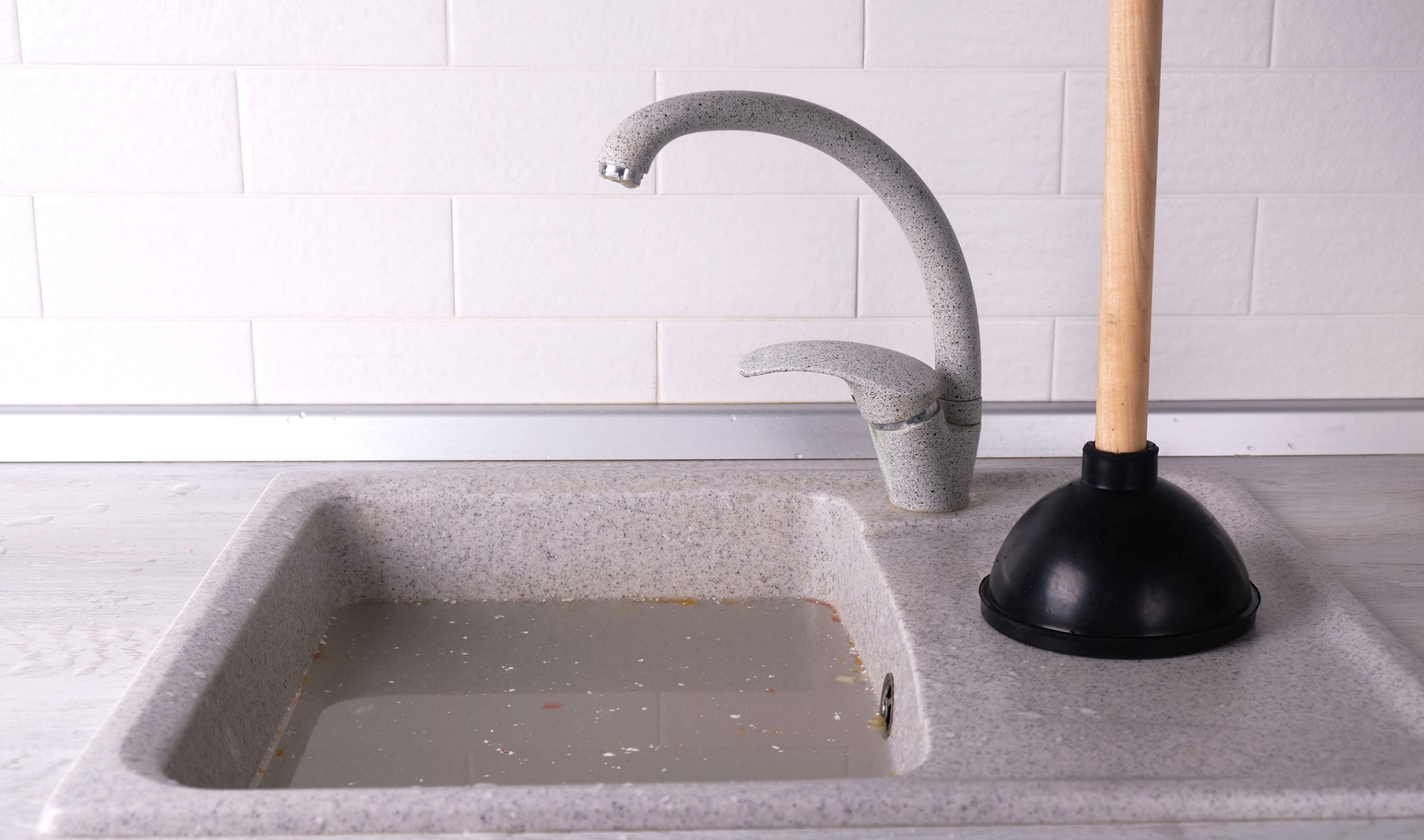

Community